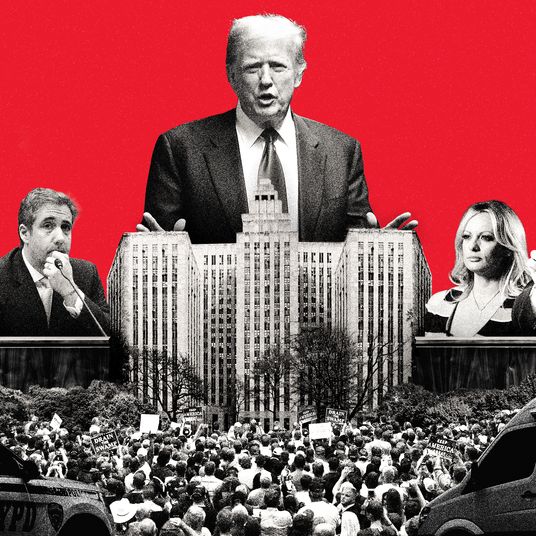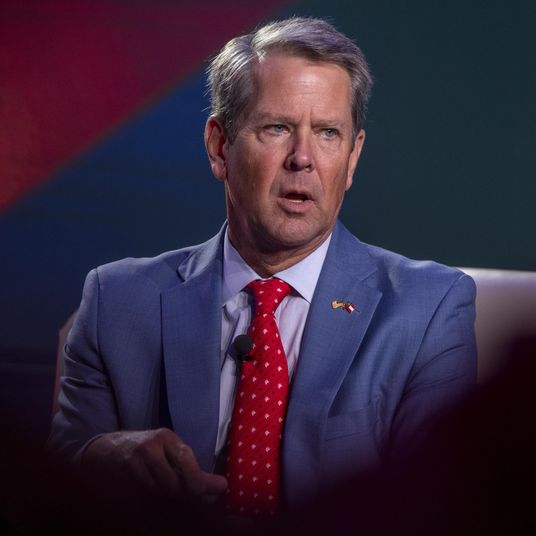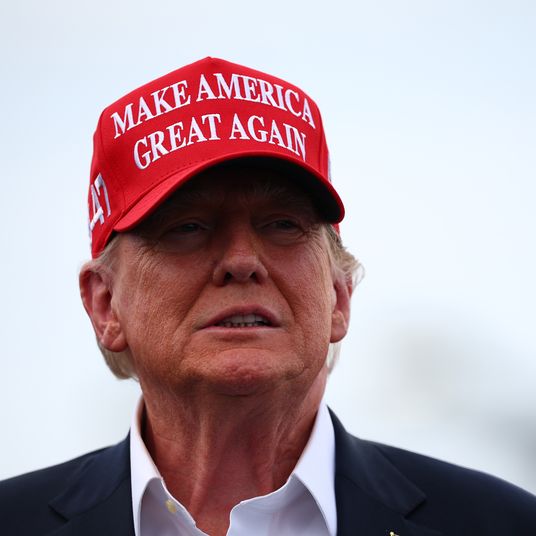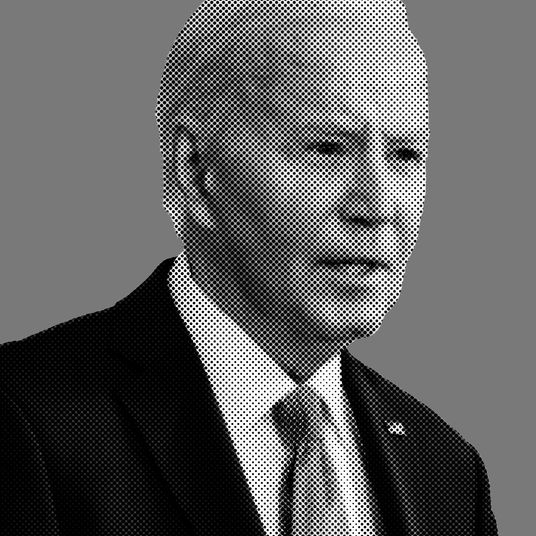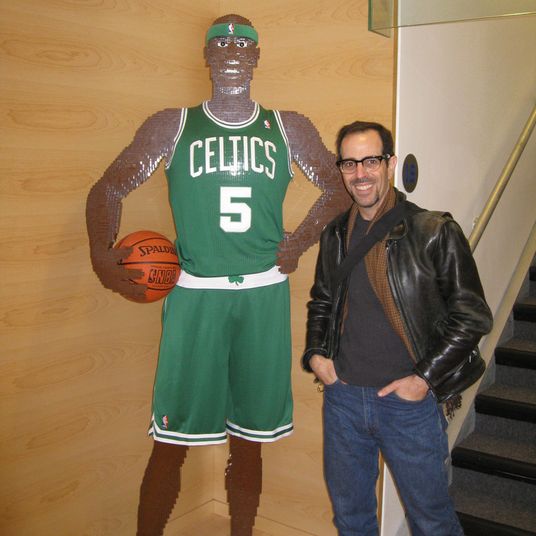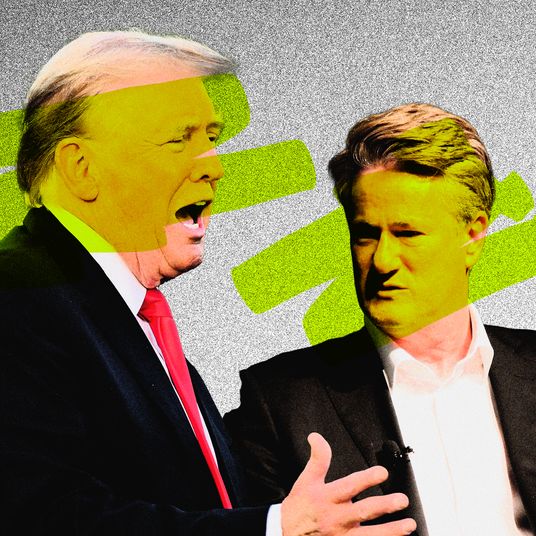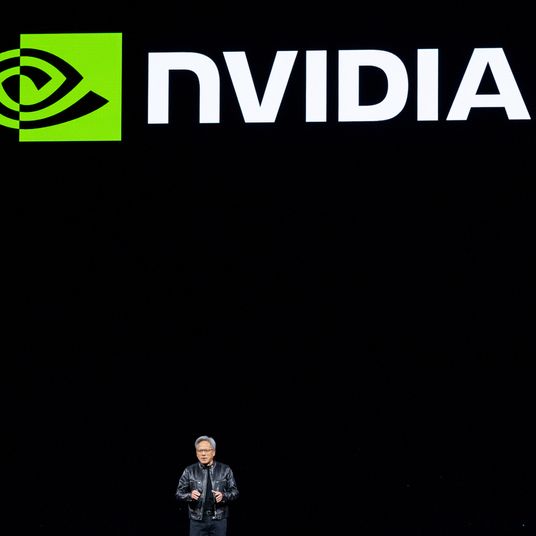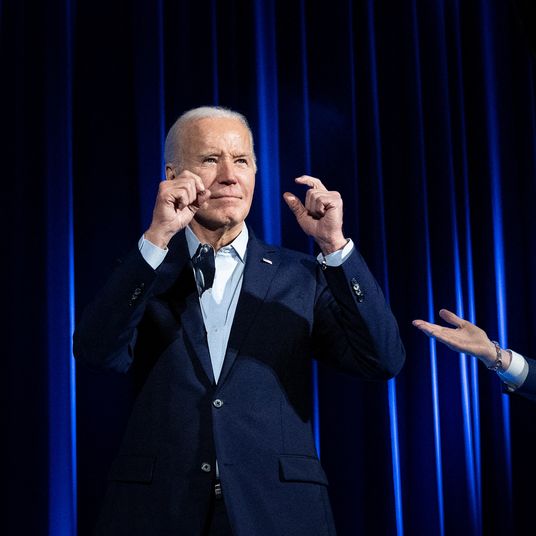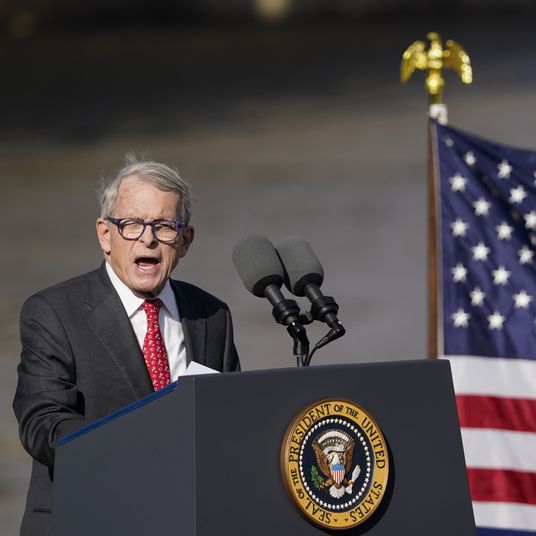One of the remarkable things about the 2024 presidential election is that for the first time since 1912 voters will have a choice between presidents who served back-to-back in the immediately preceding eight years. It offers them a chance to directly compare their experiences during two four-year periods under the leadership of two old and universally known politicians.
No matter what you think of Donald Trump, there is zero doubt that two events during his presidency will forever leap off the pages of history books and dwarf anything else that happened: the outbreak of a pandemic that killed over a million Americans and a mob attack on the U.S. Capitol aimed at preventing Joe Biden’s confirmation as president-elect.
But when the New York Times–Siena polling outfit asked voters “to describe the one thing they remembered most from Donald J. Trump’s presidency, only 5 percent of respondents referred to Jan. 6, and only 4 percent to COVID.” 39 percent cited “Trump’s behavior” as most memorable, and another 24 percent named “the economy.”
Aside from the radical shrinkage of COVID and January 6 in the rearview mirror, what’s remarkable about this reaction is that it had little to do with what we normally think of as specific events, much less issue positions. As political scientist Seth Masket commented, complaints (mostly coming from Biden supporters) about “Trump’s behavior” may well stem from initial reactions to his conduct even before he became president, while positive assessments of “the economy” under Trump are vague:
“Behavior” covers quite a bit of ground, from racist rhetoric to fulfilling campaign promises to assault of women to just tweeting too much. But to an impressive extent, most of the responses in this category have little to do with the Trump presidency at all. Many of these things occurred when he was running for president in 2016 or even earlier.
Similarly, “the economy” is pretty broad terrain. It’s not completely fictitious — the economy, by most measures, was growing at a respectable pace with low unemployment and inflation during Trump’s first three years in office, even if those numbers weren’t notably different from the economy during Barack Obama’s second term … To a considerable degree, voters seem to be saying that things were pretty good for Trump’s first three years, and the fourth wasn’t his fault.
The Times’ own analysis of these rather startling numbers attributes them to “recency bias,” suggesting that voters are letting their current concerns (particularly about inflation) distort their memories of the not-so-distant past. But they also suggest that voters have formed a fixed opinion of Trump and his presidency that may be very difficult to change. If COVID and January 6 are not front of mind when voters think of 2020 and 2021, and the economy as it was in 2019 is recalled as Elysian, what does that say about the Biden campaign’s efforts to remind people of Trump’s responsibility for the reversal of Roe v. Wade? Will voters accept that a Very Bad Thing that happened long after Trump left office was actually his fault?
As it happens, a new survey of registered voters was released last week from Navigator Research showing that a sizable number of Americans, incredibly enough, held Biden responsible for “the overturning of Roe v. Wade and the elimination of the federal right to an abortion.” That opinion was held by 34 percent of self-identified independents, 32 percent of Black voters, and 42 percent of Hispanic voters. It helps explain why the Biden campaign is devoting so much energy to connecting the dots between Trump’s Supreme Court appointments and the Dobbs decision. But it also suggests public perceptions of Trump are very hard to change, and that’s a big problem for Democrats.
In the end, unless the mood of the electorate about current conditions in the country gets a lot sunnier, Biden’s reelection prospects depend almost entirely on making this a comparative contest in which a plurality of voters firmly reject Trump based on what they know about the 45th president. You don’t have to hate Trump to observe that he actually took his predecessor’s middling economy and did everything within his power to increase inequality, bungled the federal response to COVID-19 and worsened its human and economic impact, and then became the first losing presidential candidate since 1876 to refuse to concede defeat once the states certified his opponent’s victory. But if persuadable voters dismiss all that and think of him as a foulmouthed, erratic politician who nonetheless showered them with prosperity, then he will be hard to beat.
More on politics
- What Happened in the Trump Trial Today: Closing Time
- Could Biden Be Left Off the Ohio Ballot in November?
- Brian Kemp Is the Most Successful Anti-Trump Republican
